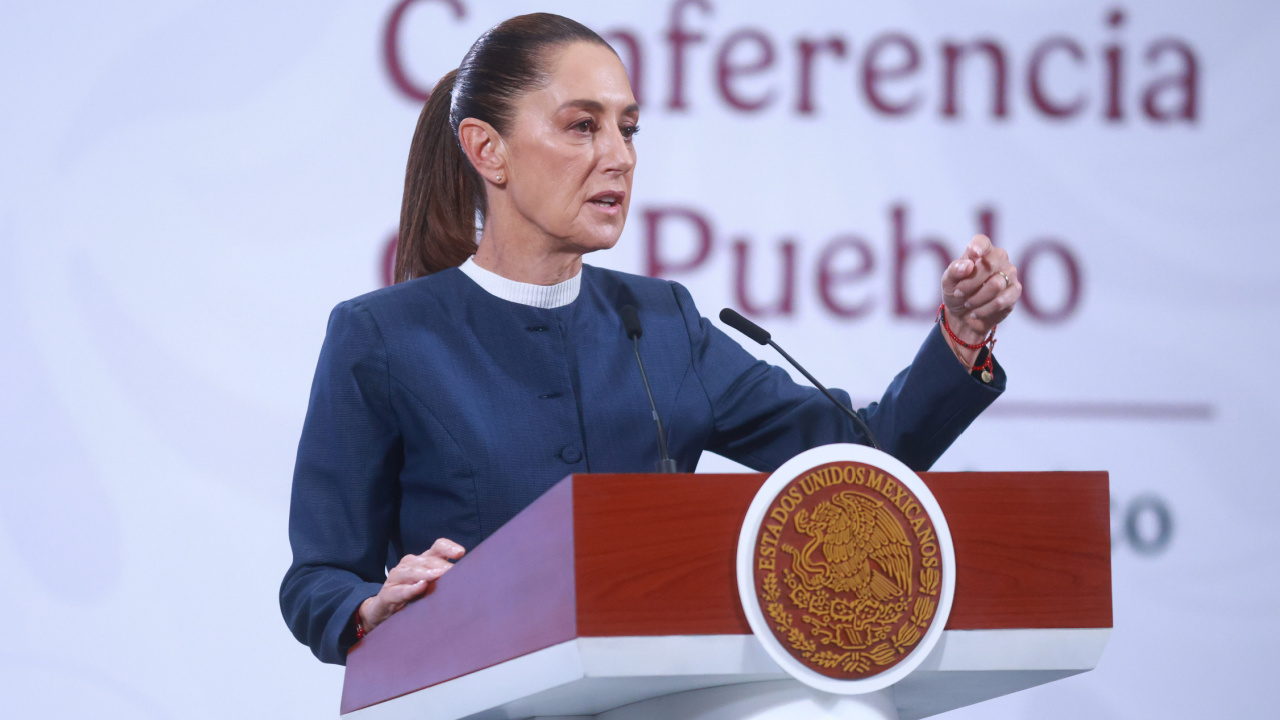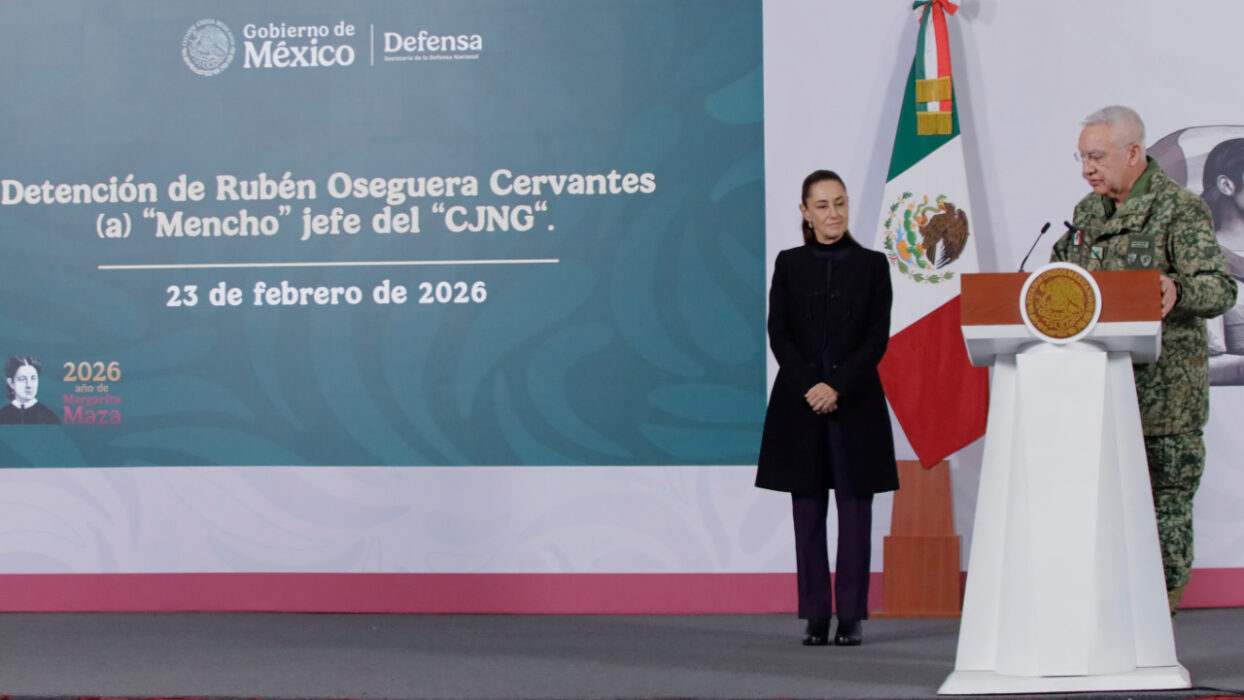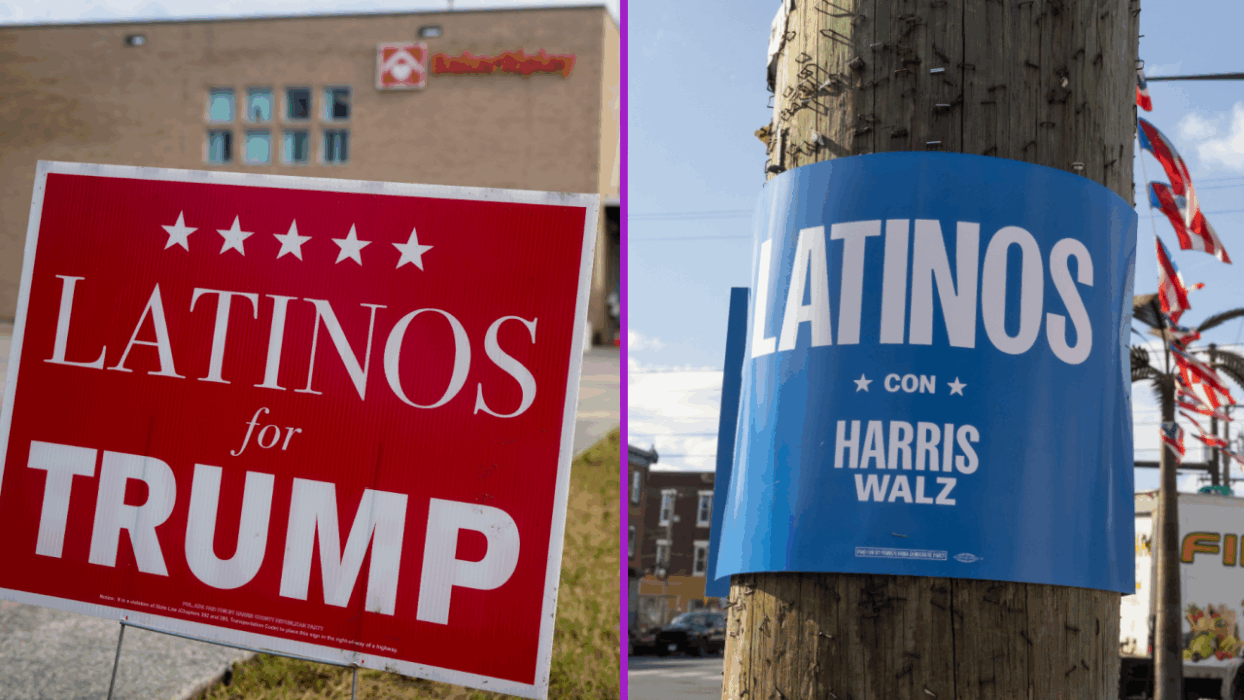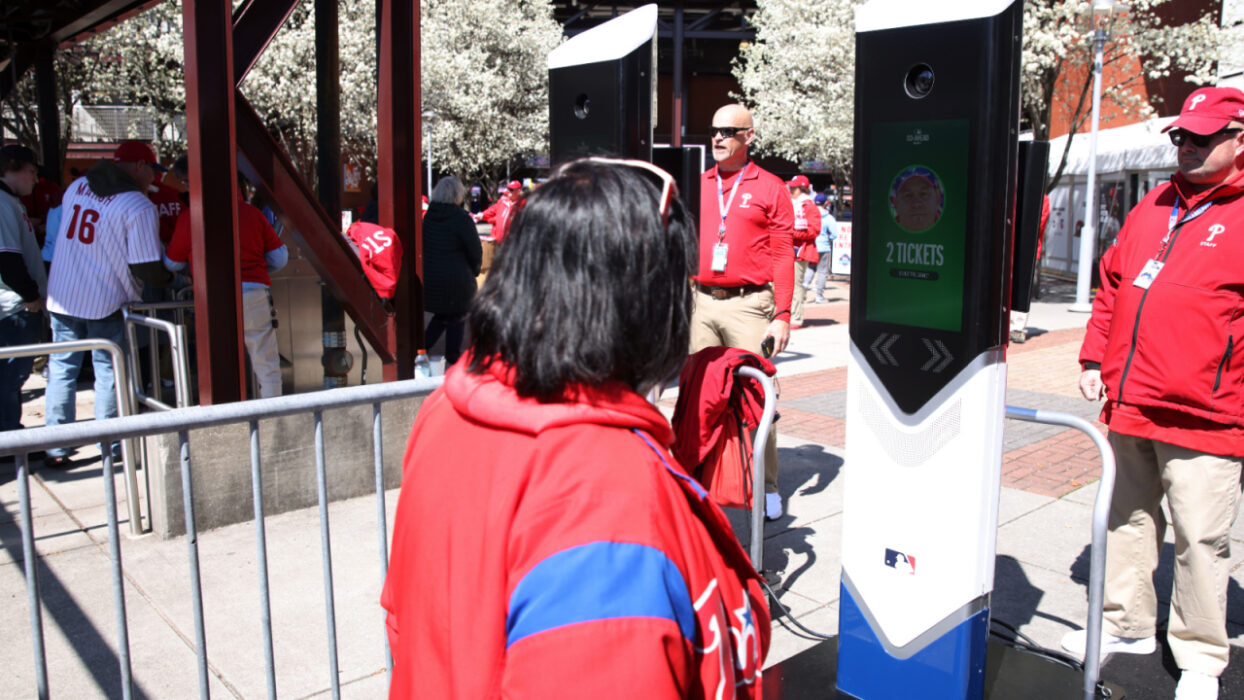
Made in Mexico, for Mexicans: The Country’s Push To Build Affordable Electric Vehicles
Mexican President Claudia Sheinbaum is the driving force behind a new electric car. Mexican engineers will build the Olinia cars in Mexico and debut them at the 2026 World Cup. The cars represent a move towards Mexico’s commitment to sustainability, modernity, and energy independence. Here’s what we know about the federally subsidized electric cars coming to Mexico and how they fit into the overall push to better the lives of Mexicans.
Mexico will manufacture its own electric car
Olinia, which is the Nahautl word meaning “to move,” is a Mexican government project that seeks to increase access to electric vehicles (EVs) for Mexicans. The car is going to be an ultra-compact EV that is affordable to the general public. According to KJZZ Phoenix, the Mexican government has committed to building multiple facilities around the country to manufacture the car. One of the facilities will be in the state of Sonora.
Sonora already has an automotive manufacturing industry. Ford has a factory in Hermosillo, Sonora, that manufactures non-electric vehicles. Hermosillo manufacturers make many cars for Americans and export them to the United States.
“We’re looking for that niche, to produce a compact car that’s less expensive than what’s on the market now,” Sheinbaum said during one of her recent morning press conferences.
The car’s base price will be between 90,000-150,000 Mexican pesos, around $4,400 and $7,300.
Several countries are creating affordable electric vehicles
In Brazil, Chinese EVs are dominating the electric car market. The first-ever Chinese battery-powered-car manufacturer opened in Camaçari, Bahia, Brazil. The BYD factory fueled an already hungry appetite for Chinese EVs in the South American country. BYD saw an opportunity in a Ford factory that was experiencing ever-decreasing sales. BYD officially rolled the first cars off the new assembly line in July 2025.
“We’re turning Camaçari into a future-forward powerhouse,” Alexandre Baldy, Senior VP and Head of Sales & Marketing at BYD Auto Brazil, said in a statement. “This factory isn’t just bricks and machines—it’s a symbol of confidence, innovation, and belief in Brazil. BYD is here with purpose: to drive the next chapter of the Brazilian auto industry.”
Chinese car manufacturer Great Wall Motor has also entered the Brazilian EV market. The company took over a factory once owned by Mercedes-Benz. The Chinese motor giant has a long history of creating rugged pickup trucks for the Chinese countryside consumers. Now, its goal is to dominate the EV market in Latin America and the world.
“For the first time in decades, we’re seeing a real challenge to the dominance of American and European brands, not just in terms of market share, but in shaping the future of mobility,” Natalie Unterstell, president of Talanoa Institute, a climate-focused organization based in Rio de Janeiro, told The New York Times.
Mexico is driving its EV growth with a focus on sustainability and energy independence
The plan to domestically manufacture an electric vehicle and the batteries to power them is in line with President Sheinbaum’s past. The president had a career as an environmental engineer with a history of climate change and energy work. She received widespread attention for what she would bring to the global stage in the fight against climate change when she was elected president.
The goal of getting more Mexican consumers into electric vehicles is in step with Mexico’s ambitious climate change goals. Mexico has committed to lowering its greenhouse gas emissions by 35 percent by 2030, as stated by its government. That goal becomes more ambitious by 2050, when the Mexican government is aiming for net-zero.
Manufacturing an electric vehicle accessible to the general public will help the government make progress towards its emission goals.




